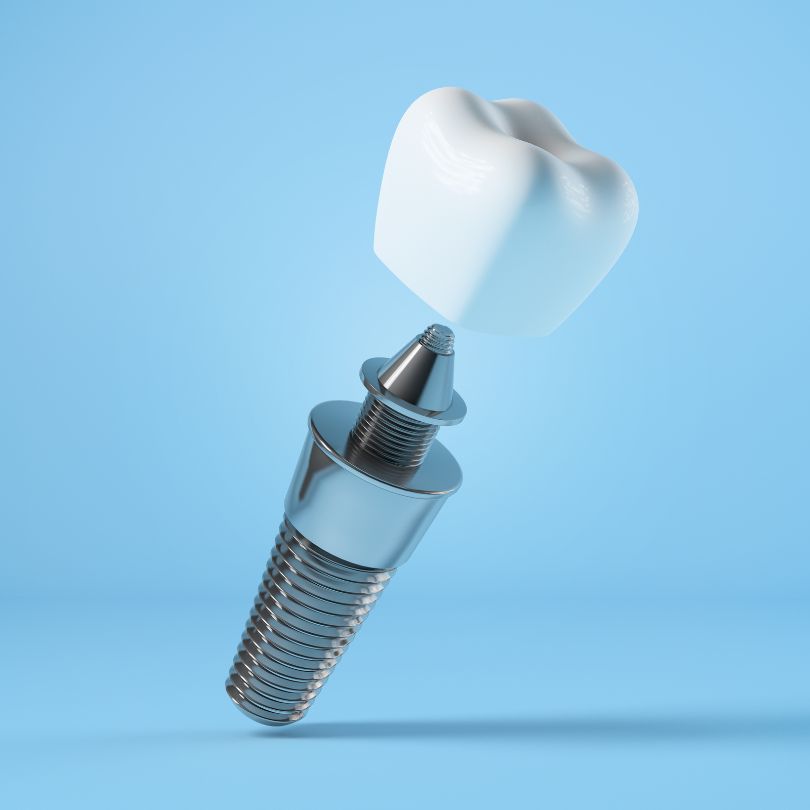Dental health is a vital element of overall well-being, and dental issues can be both painful and financially demanding. Unfortunately, dental insurance policies often leave patients wondering why certain procedures, like dental implants, aren’t covered. In this article, we will delve into the reasons why dental insurance doesn’t cover implants and explore alternative solutions for those in need.
The Costly Reality of Dental Implants
Dental implants have become a favored choice due to their natural appearance and durability. On average, dental implants can cost thousands of dollars, a significant barrier to treatment for many individuals.
Dental Insurance Basics
Before we dive into the reasons for the lack of coverage, let’s first understand how dental insurance works. Dental insurance is designed to cover preventive care, such as regular check-ups, cleanings, and some basic procedures like fillings and extractions. It aims to help patients maintain good oral health and prevent major dental issues.
The Exclusion of Implants
One of the primary reasons dental insurance doesn’t cover implants is the high cost associated with the procedure. Insurers typically focus on cost-effectiveness and consider implants elective rather than essential. This exclusion is a major source of frustration for individuals in need of dental implant treatments.
Alternative Options
For those unable to afford dental implants or lacking insurance coverage, alternative solutions are available. Dentures and bridges are more budget-friendly options that can restore oral function and aesthetics, albeit with some limitations compared to implants.
Factors Affecting Coverage
Several factors can affect whether a dental insurance plan covers implants. These factors include the type of insurance plan, the specific policy terms, and the reason for needing the implants (e.g., cosmetic reasons versus medical necessity). It’s essential to thoroughly review your insurance policy to understand the extent of your coverage.
The Importance of Dental Health
Despite the limitations of dental insurance, it’s crucial not to neglect your oral health. Dental problems can escalate if left untreated, leading to more extensive and costly procedures. Regular check-ups and preventive care are essential for maintaining a healthy smile.
Coping with the Expenses
For those determined to get dental implants, there are strategies to cope with the expenses. Some dental clinics offer financing options, allowing patients to spread the cost over time. Additionally, flexible spending accounts (FSAs) and health savings accounts (HSAs) can be used to cover eligible dental expenses.
The Future of Dental Insurance
As healthcare evolves, so too may dental insurance. In the future, there may be changes in coverage options, including expanded coverage for dental implants. Advocacy efforts and increased awareness of the importance of oral health could drive these changes.
Conclusion
In conclusion, dental insurance often does not cover implants due to their high cost and perceived elective nature. However, alternative options are available for those in need of tooth replacement. It’s crucial to understand your insurance policy’s terms and explore financing options if you’re considering dental implant treatment.
FAQs
Why don’t dental insurance plans cover implants?
Dental insurance often excludes implants due to their high cost and elective nature.
What are some alternatives to dental implants?
Alternatives include dentures and bridges, which are more budget-friendly options.
How can I cope with the expenses of dental implants?
Some dental clinics offer financing options, and you can also use FSAs and HSAs to cover eligible expenses.
Is there hope for expanded dental implant coverage in the future?
Yes, as awareness of oral health’s importance grows, there may be changes in dental insurance coverage.
Why is oral health essential, even without insurance coverage for implants?
Maintaining oral health is crucial to prevent more extensive and costly dental problems in the future.

